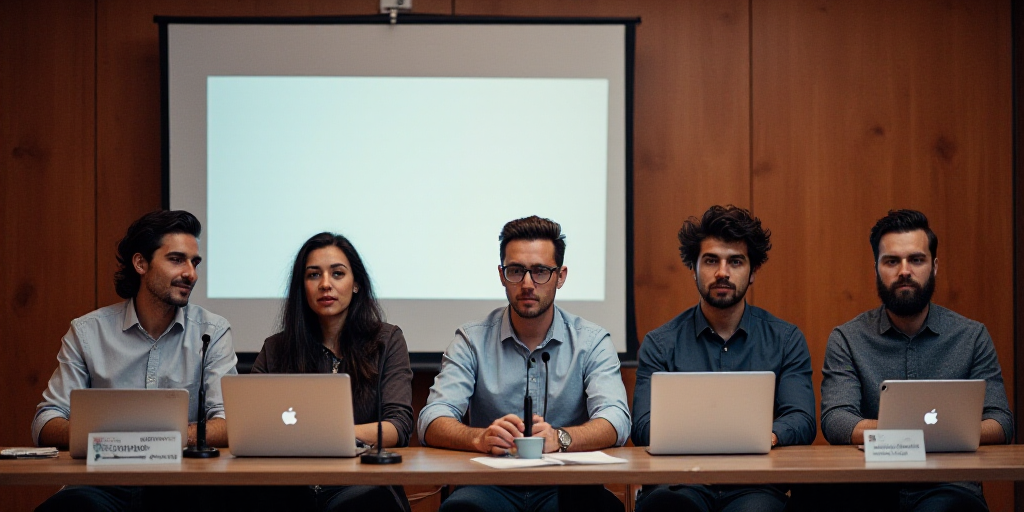Background on Key Figures and Relevance
The Confederation Patronal de la República Mexicana (Coparmex) is a prominent business organization in Mexico, representing various sectors of the private industry. Juan José Sierra, Coparmex’s president, has been actively involved in discussions regarding labor reforms. Meanwhile, José Luis Carazo represents the Confederación de Trabajadores de México (CTM), a significant labor organization advocating for workers’ rights.
Coparmex’s Proposal for a Gradual Transition
During the fifth forum on implementing the 40-hour workweek, Sierra emphasized the need for a well-planned transition. He proposed an escalated, sector-based implementation guided by a Tripartite Committee comprising government representatives, workers, and employers.
“We are not saying no; we are saying yes,” Sierra stated. “We propose a structured transition, an orderly implementation by sectors, and periodic evaluations through this Tripartite Committee to assess annually if macroeconomic conditions justify maintaining the pace of change.”
Learning from Past Salary Negotiations
Sierra highlighted that previous salary negotiations resulted in a real increase of over 150% without causing inflation or job losses. He suggested that this experience should inform the current 40-hour workweek transition.
“Should macroeconomic conditions change drastically, for instance, during an economic recession, this mechanism should allow for adjustments or temporary modifications without abandoning the primary objective,” Sierra explained.
CTM’s Concerns Regarding the 40-Hour Workweek
José Luis Carazo, representing CTM, expressed concerns about the potential costs of transitioning to a 40-hour workweek. He pointed out that the list of demands from employers makes implementation unfeasible.
“Currently, 25% of workers report fatigue, according to IMSS data. Moreover, mental health issues affect 23% of workers,” Carazo stated. “It’s clear that employers’ proposals and workers’ needs are far apart; they agree to the 40-hour workweek but present an impossible list of demands.”
Gradualism and Its Impact on Workers
Carazo criticized the emphasis on gradualism, arguing that it does not always benefit workers. He expressed fear regarding the imposition of gradualism, stating, “Look at what they’re asking for and consider why we’re concerned about gradualism.”
Key Questions and Answers
- What is Coparmex proposing regarding the transition to a 40-hour workweek? Coparmex suggests a gradual, sector-based implementation guided by a Tripartite Committee that evaluates annual macroeconomic conditions to ensure the sustainability of the transition.
- Why is José Luis Carazo concerned about the 40-hour workweek transition? Carazo is worried that the employers’ demands, presented as a gradual process, are unfeasible and could negatively impact workers’ well-being.
- What lessons has Coparmex learned from past salary negotiations? Coparmex believes that their successful past salary negotiations, which resulted in significant real wage increases without causing inflation or job losses, should inform the current 40-hour workweek transition.






